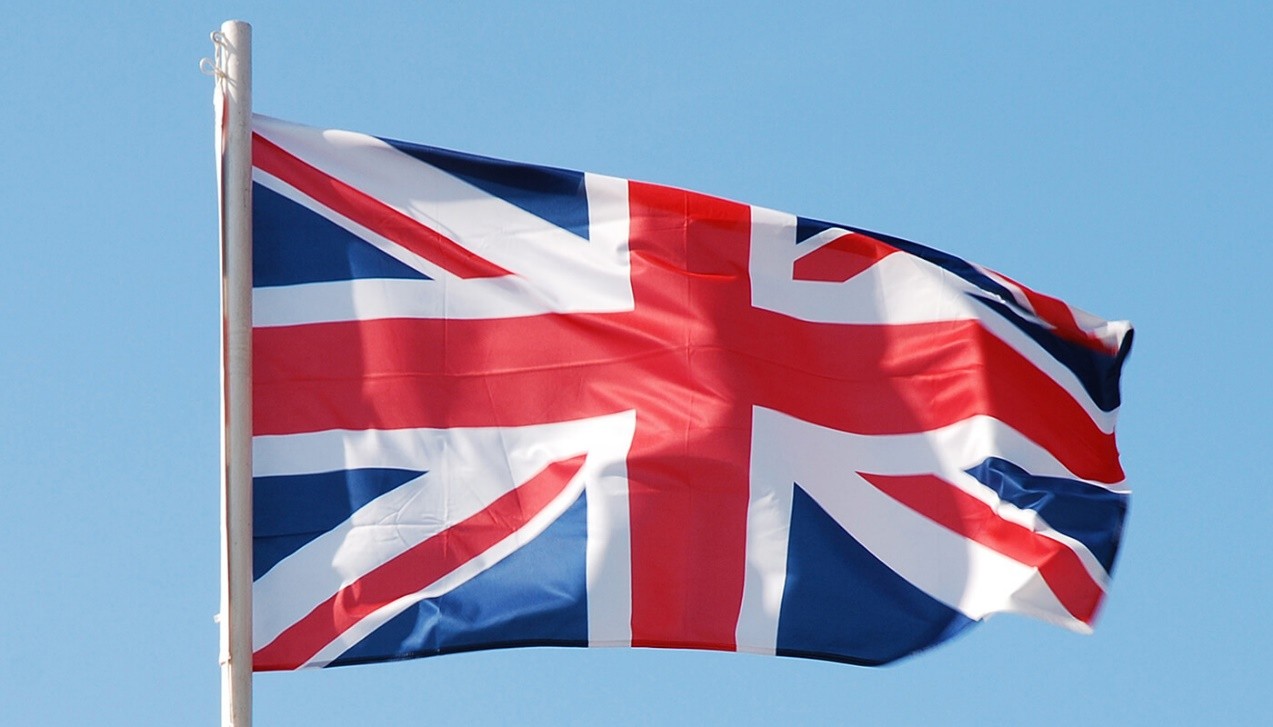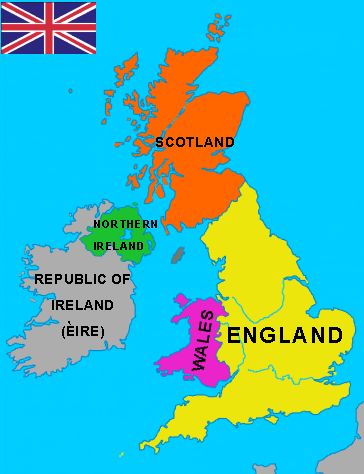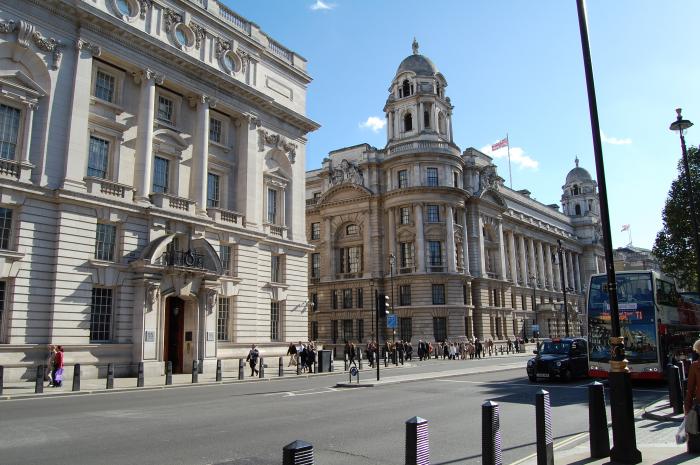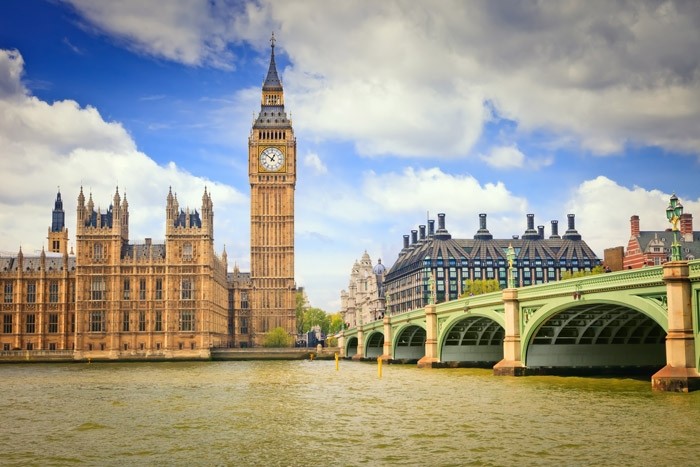
A UK Trust is governed by these United Kingdom laws: Variation of Trusts Act of 1958, Trustee Act of 2000, Inheritance and Trustees’ Powers Act of 2014 and the Finance Acts of 2013 and 2014.
While the above-mentioned laws covers all types of trusts which can be formed in the UK, the only one where foreigners can avoid all taxes is the “Non-Resident Trust” which will be the focus of this article.
Non-Resident Trusts were created especially so foreigners can use them.
UK Trust Benefits
A UK Trust can gain from these benefits:
• Foreigners Trust: The law specifically allows for a total foreign trust.
• No Taxation: Non-resident trusts pay no taxes. However, U.S. residents and everyone residing in countries taxing global income must report all income to their governments.
• Privacy: Details about the settlor, beneficiaries, and assets are never available to the public.
• English: English is the official language in the UK.
• Asset Protection: Title to the settlor’s assets are transferred to the trustee protecting the assets from the settlor’s and beneficiaries’ creditors.
• Estate Planning: A perfect vehicle for family estate planning for global assets.

Trust Name
UK trusts cannot have the same or similar name as another UK legal entity.
A trust’s name must end with the word “Trust”.
Purposes for a Trust
Trusts can be established for several purposes, including:
• Preservation of a family’s assets;
• Ability to transfer ownership of assets while the settlor is still alive; and
• Avoiding inheritance rules and probate proceedings upon the settlor’s death
Settlor
The settlor is the person transferring assets to the trust. The settlor can decide how the assets transferred to a trust can be invested, managed, used, and disbursed by writing down all of these wishes in a legal document called the “trust deed”.
Trustee
The trustee is the person administrating the trust and managing the trust’s assets. The trustee is the legal owner of the assets held in the trust. The trustee manages the day to day operations according to the terms set forth in the trust deed. Discretion to how assets can be invested or sold remains with the trustee.
Trustees do not have to be UK residents. In fact, a trustee for a non-resident trust cannot be a UK resident in order to qualify for full tax exemptions.
Trustees can be natural persons or legal entities residing in any country.
Beneficiaries
Beneficiaries are the persons benefitting from the trust. Normally, the entire family of the settlor become the trust’s beneficiaries. However, the settlor may choose to not include specific family members for any reason.
The benefits from the trust include: income obtained from investments such as rental income or other investments, and capital such as receiving the shares of a company held by the trust at a given age.
Types of Trusts
Family trusts are not considered a trust in themselves under UK law. They must be categorized within one of the specific types of authorized trusts. These include:
• Bare Trusts – As the name implies, this is a bare bones trust where assets are transferred to a trustee to hold until the beneficiaries are granted the right to receive income and/or capital under the conditions in the trust deed. For instance, when each beneficiary attains the legal age of 18. Typically, bare trusts are set up for the benefit of the settlor’s minor aged children.
• Discretionary Trusts – This type of trust allows the trustee to decide how the trust income and/or capital can be used. For instance, a trustee can decide which beneficiaries and when they can receive trust income or capital, or how often payments are made, or imposing conditions on beneficiaries. Discretionary trusts are often used when specific beneficiaries may need more income than the others such as a grandchild’s university education or a sick child needing hospitalization.
• Interest in Possession Trusts – This type of trust requires the trustee to transfer all income as they arise to the beneficiaries. For instance, upon the settlor’s death, all shares in the family business pass onto the beneficiaries or solely to the spouse.
• Accumulation Trusts – The trustee may accumulate all income and add to the trust’s capital without distributing any to the beneficiaries.
• Settlor Interested Trusts – Where the settlor or spouse (or civil partner) benefits from the trust. This may include receiving trust income and/or capital. For example, if the settlor retires or is unable to work, the trust provides income.
• Non-Resident Trusts – This is the only tax free type of trust allowed in the UK. Not only are the settlor and beneficiaries non-residents of the UK, but also the trustee. In addition, all of the trust’s assets are located outside of the UK.
• Mixed Trusts – A combination of different types of trusts.

Types of Assets
UK trusts can hold many types of assets from around the world including
• Funds in any foreign currency in global banks, financial centers, brokerage accounts, savings & loan associations, etc.
• Land in any country along with the structures above the land;
• Investments such as corporate shares, commodities, mutual funds, bonds, etc.; and
• Personal items like jewelry, antiques, vehicles, art work, etc.
Formation
The trust deed contains the necessary wording to form a trust in the UK. Similar to a corporation’s Articles of Incorporation (or Articles of Association) all of the terms and conditions regarding the acceptance of assets and their management, the rights of the beneficiaries, the duties and powers of the trustee, distribution of assets, and dissolution of the trust are included. In addition, the trust deed acts like a typical deed by transferring ownership of named and future assets to the trustee to hold in trust to benefit the beneficiaries.
Once the trust deed is signed by the settlor in front of a public notary, it creates the trust.
Registration
In June of 2017, the UK introduced a Trust Register which will include the names of beneficial owners. Unlike other governments making their registers available to the public, the UK decided against it. Therefore, the UK Trust Register is not available to the public. It can only be available to the UK Financial Intelligence Unit and law enforcement.
In addition, in June of 2017, the UK tax authority (HMRC) requires all trusts having UK tax liabilities to register. This means that non-resident UK trusts exempt from all taxation will not be required to enter this registry.
Taxation
Non-resident trusts are not subject to any taxes as long as the settlor and all of the beneficiaries are non-UK residents and all of the assets (properties, funds, etc.) are located outside of the UK.
The exemption of taxation includes: income tax, corporation tax, gift taxes, estate tax, inheritance tax, and capital gains tax.
As mentioned-above, non-resident UK trusts owning no taxes to the UK are not required to be entered into the UK Tax Registry administered by the HRMC.
However, U.S. taxpayers and all others residing in countries taxing worldwide income must report all income to their tax authorities.
Conclusion
A UK Trust can gain from these benefits: complete foreign participation, no taxes, privacy, asset protection, estate planning, and English is the official language.


